Aviation Impact Accelerator: Grantee Spotlight
Grantee spotlight: The Aviation Impact Accelerator
The Giving Green Fund plans to award an unrestricted grant to the Aviation Impact Accelerator (AIA) that will support its research and advocacy to identify and advance the most important pathways to reduce aviation emissions. The AIA is a multidisciplinary initiative jointly led by the Whittle Laboratory and the Institute for Sustainability Leadership, both housed at the University of Cambridge in the United Kingdom.
The AIA’s work falls within our philanthropic strategy of reducing aviation emissions. Please see Giving Green’s philanthropic strategy report for more information, including potential risks and co-benefits, recommended sub-strategies, theory of change, funding need, and key uncertainties.
Last updated: October 2025
What is the Aviation Impact Accelerator?
The AIA is a research and advocacy organization dedicated to identifying and advancing the most impactful pathways to reduce aviation emissions. It was founded in 2020 and is housed at the University of Cambridge in the U.K. The AIA built and maintains a detailed model to estimate the effectiveness of a broad spectrum of pathways to decarbonize aviation, including contrail mitigation, zero-emissions aircraft, and sustainable aviation fuels. Its findings are disseminated globally through engagement with government agencies, inputs to industry partners, and participation in climate forums such as COP.
What are we funding, and how could it help address climate change?
The AIA intends to use our funding to advance work in three main areas:
Advancing hydrogen and methane aircraft: The climate impact of sustainable aviation fuels (SAFs) may be limited by resource constraints and high costs. We think non-kerosene aircraft, like hydrogen and methane, could achieve deeper decarbonization in the long run. The AIA plans to assess the technical, economic, and environmental barriers to operationalizing non-kerosene aircraft.
Contrail mitigation: Contrail emissions account for around half of aviation's warming impacts and can be avoided cost-effectively through contrail avoidance systems. The AIA plans to continue building the evidence base on contrail mitigation for conventional and alternative aircraft, integrate findings into key stakeholder discussions, and explore policy frameworks to avoid contrail emissions.
Increasing systems efficiency: Efficiency measures, such as airspace modernization and fleet optimization, could lead to significant reductions in both CO2 and contrail emissions. AIA plans to advance fleet efficiency measures that are not well addressed by the aviation industry or governments by engaging with and overcoming bottlenecks in the system, such as rules from air traffic controllers and airports.
Alongside core research activities, the AIA is actively engaged in outreach and convening of key decision-makers in the aviation sector through its network of policy, academic, and industry institutions. We think the AIA’s pragmatic and rigorous research, combined with its extensive network, could lead to substantial reductions in emissions.
Why do we think the Aviation Impact Accelerator will use this funding well?
The AIA’s research advances high-impact pathways that are neglected by the aviation industry and current policies, such as contrails and cryogenic aircraft, while remaining nimble and responsive to changing sector dynamics and enabling technologies. Because the most impactful pathways to reducing aviation emissions remain highly uncertain, we think AIA’s research to understand the economic and resource implications of potential solutions is critical. We have been impressed by the exceptional depth and clarity of AIA’s tools and reports, such as the AIA’s 2030 Sustainable Aviation Goals report, and have heard positive feedback about their direct contributions to policy and industry.
Alongside technical expertise, the AIA has also demonstrated a strong ability to translate its findings into real-world impact. For example, it co-founded the Transatlantic Strategic Aviation Group, which enables governmental institutions from the U.S., U.K., and EU to align on priorities and coordinate shared regulatory approaches. It has also been invited to participate in policy shaping by individual policymakers and through Parliamentary Enquiry. The AIA also collaborates with leading industry players in the aviation sector and adjacent industries.
The AIA also participates in international thought leadership through forums such as COP and the World Economic Forum. We think the AIA’s work to map out innovative sustainability pathways fills a gap in the nonprofit ecosystem and helps to shift narratives around these pathways from intractable to feasible and investable.
Giving Green believes that additional climate donations are likely to be most impactful when directed to our top nonprofits. For several reasons, we may choose to recommend grants to other organizations for work that we believe is at least as impactful as grants to our top recommendations. We are highlighting this grant to offer transparency to donors to the Giving Green Fund, as well as to provide a resource for donors who are particularly interested in this impact strategy. This is a nonpartisan analysis (study or research) and is provided for educational purposes.
Support Our Work
Giving Green Fund
One fund. Global impact. One hundred percent of your gift supports a portfolio of high-impact climate organizations, vetted by our research.
Best for:
Donors who want the simplest way to impact multiple climate solutions.
Top Climate Nonprofits
Meet the organizations on Giving Green’s list of high-impact nonprofits working to decarbonize our future, identified through our rigorous research.
Best for:
Donors who want to give directly and independently.
Support Our Work
We thoroughly research climate initiatives so you can give with confidence. For every $1 we receive, our work unlocks another $21 for effective climate solutions.
Best for:
Donors who want to amplify their impact through research.
.png)


.png)

.png)
.png)
.png)
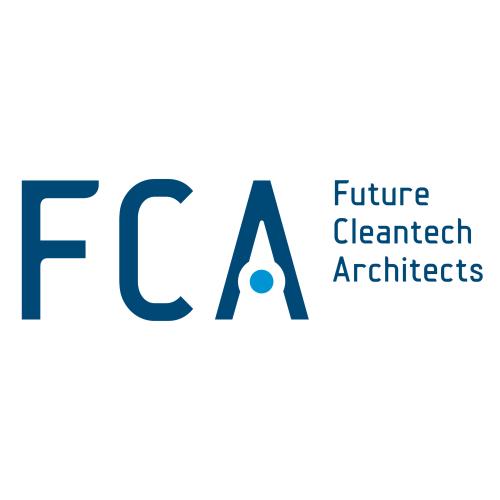

.png)
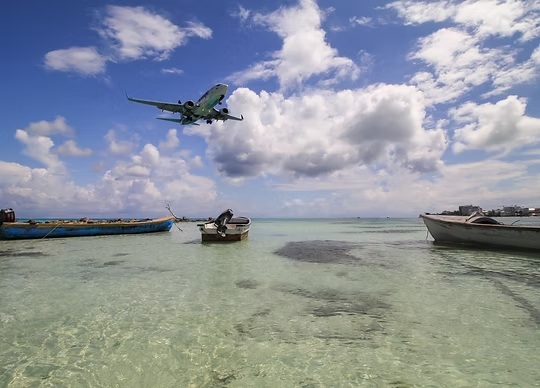
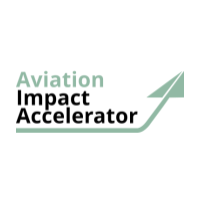

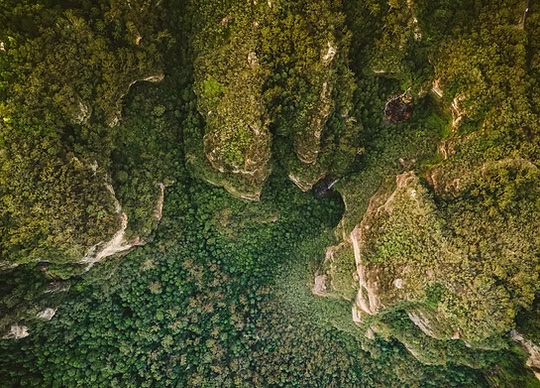

.png)



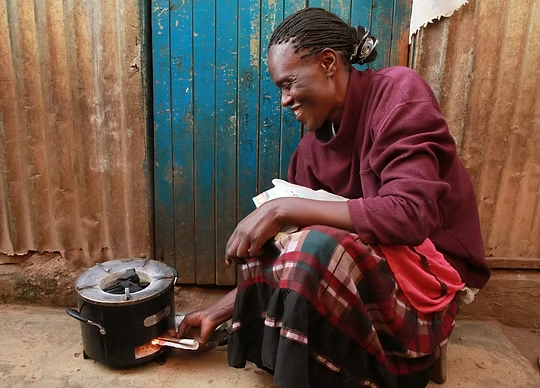


.jpg)
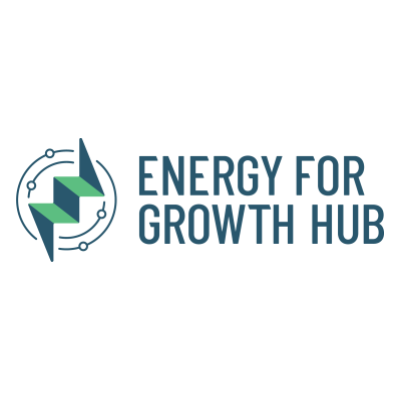
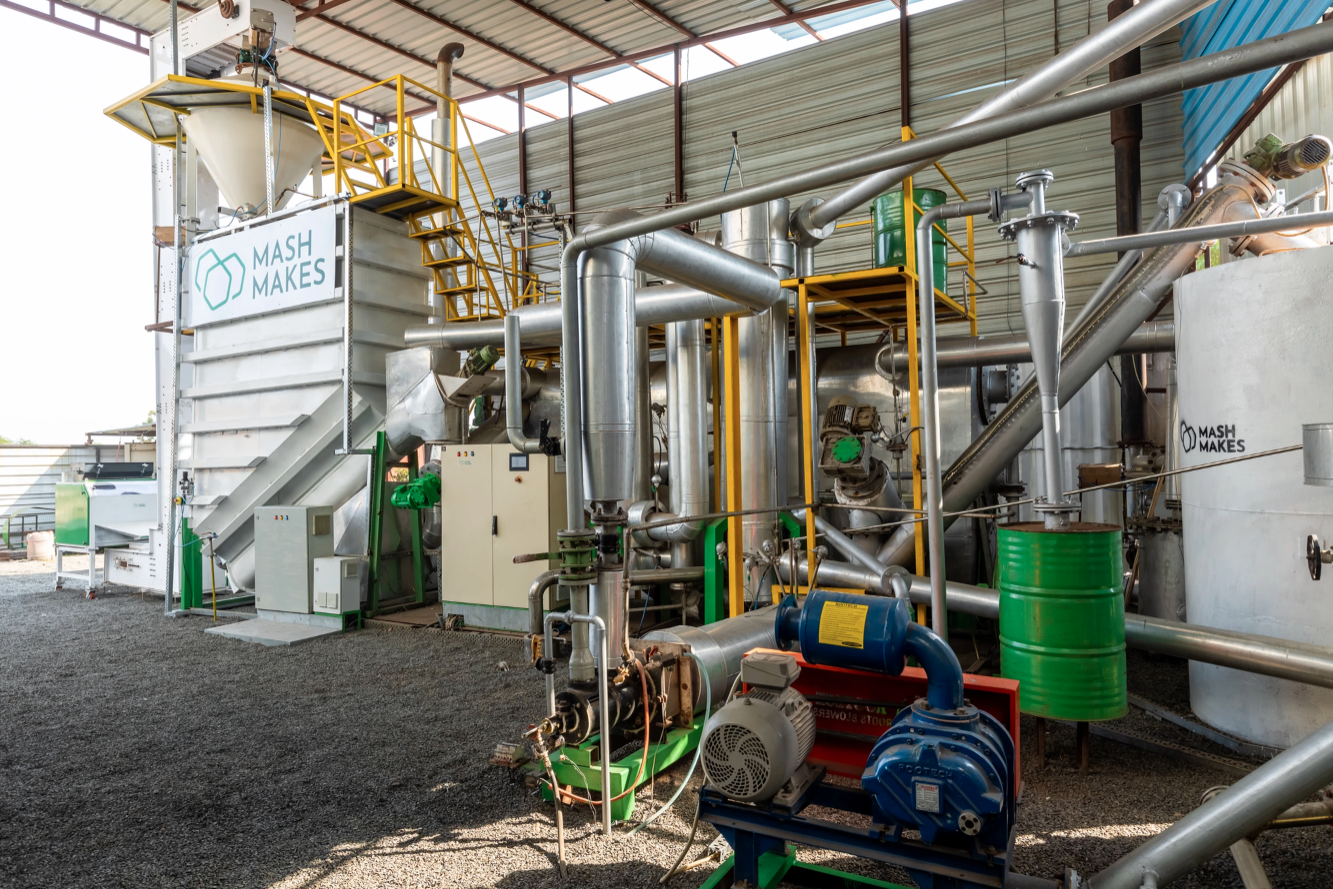
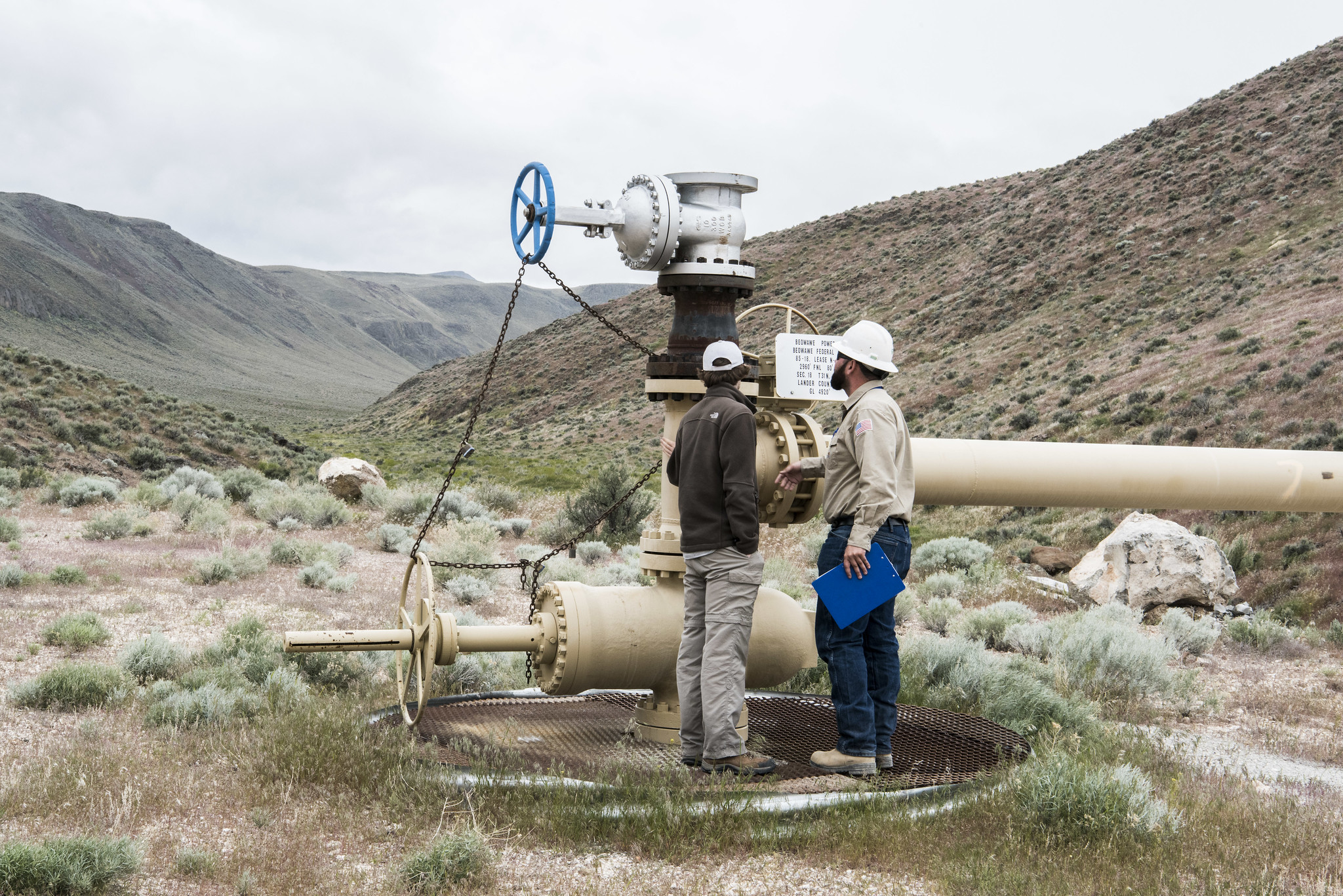
.png)
.png)
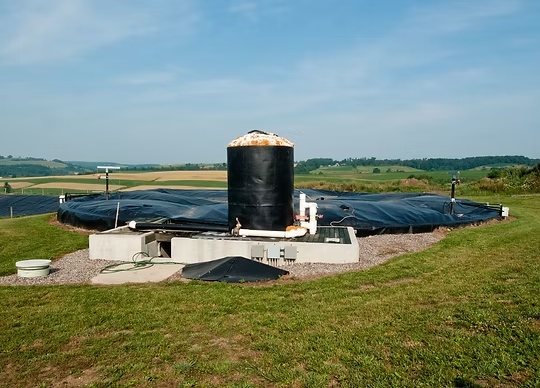
.png)
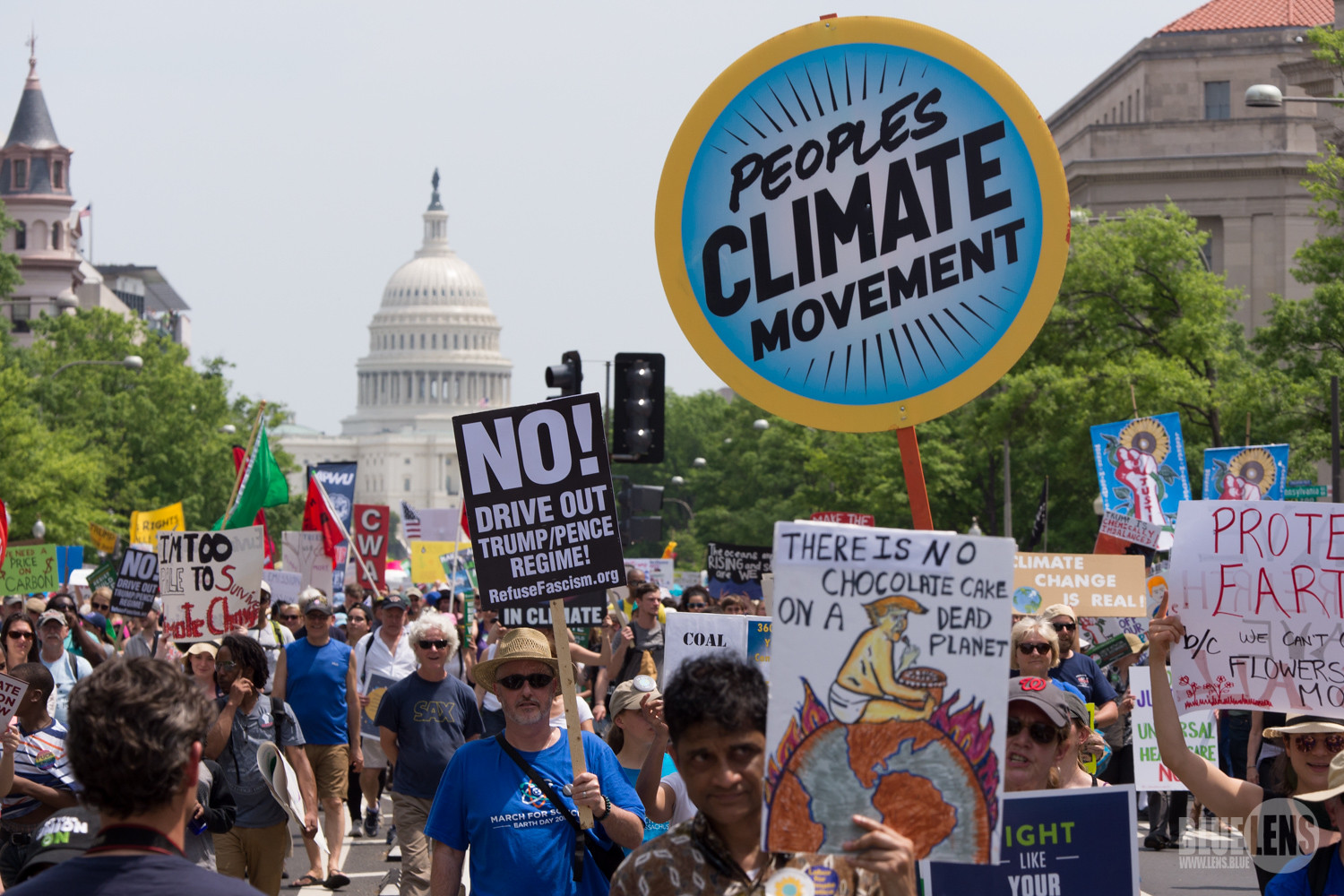
.png)


.png)


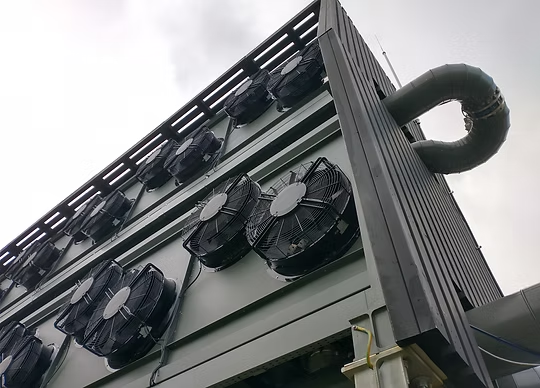

.png)

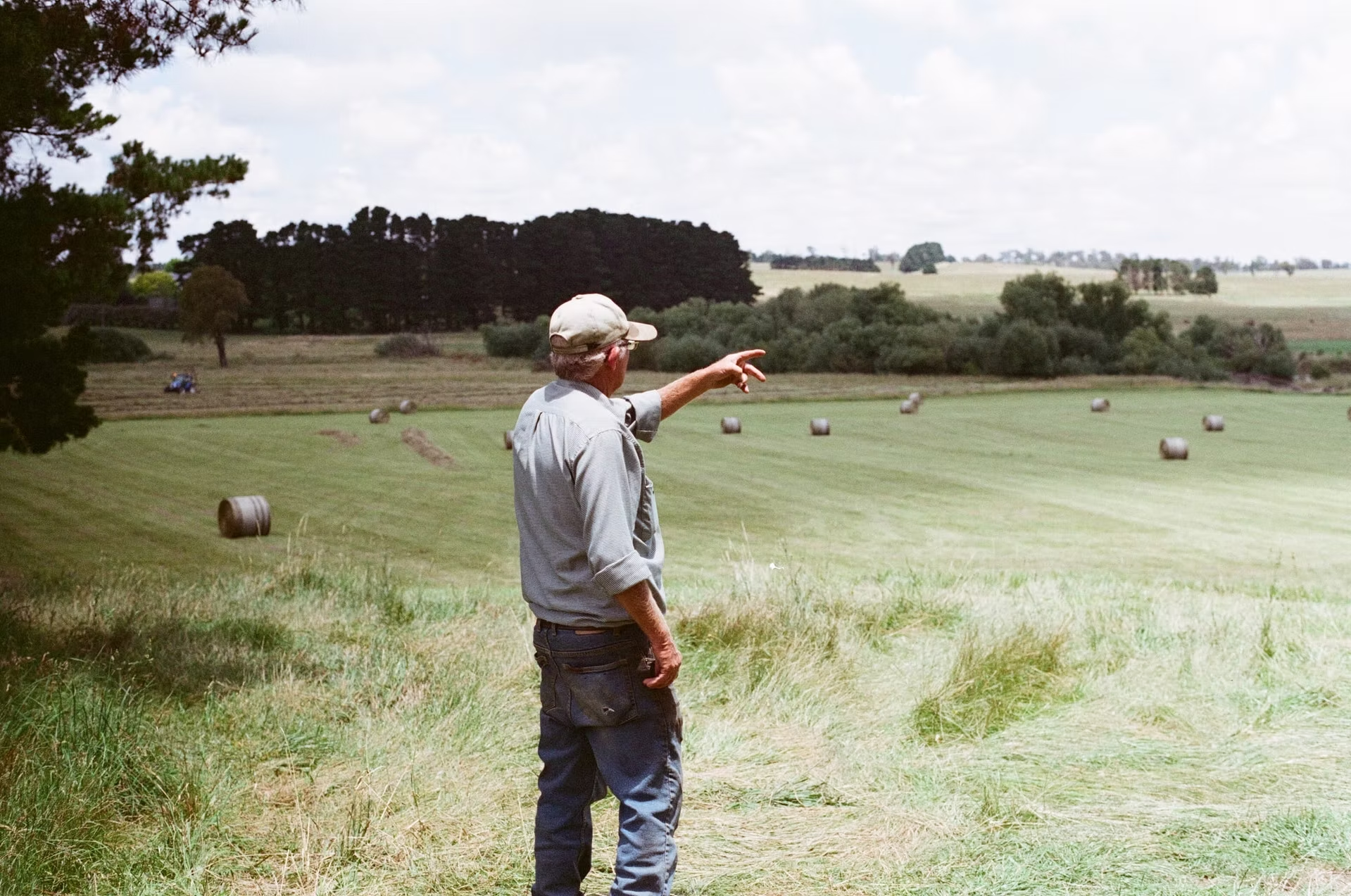


.png)

.png)


.png)
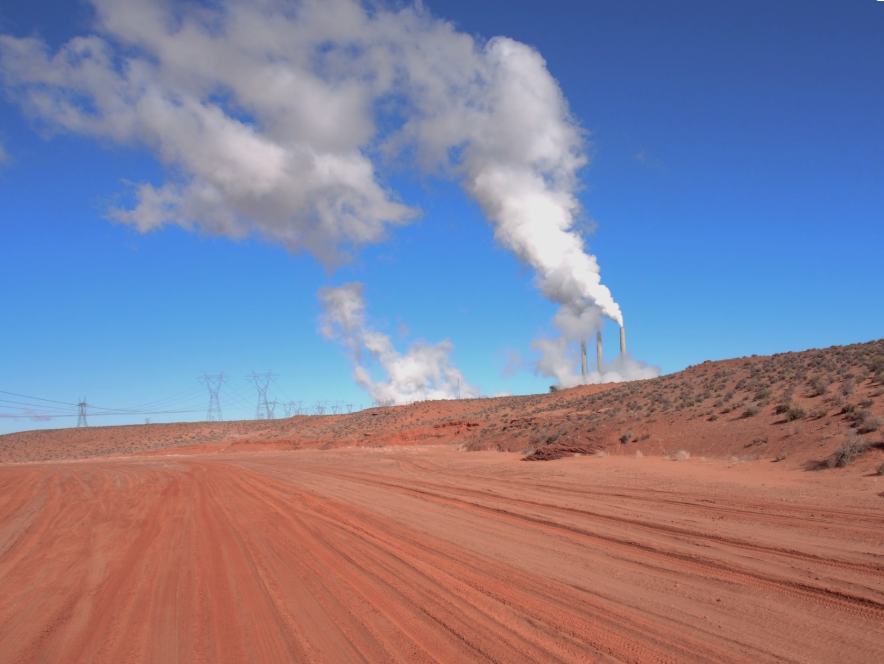
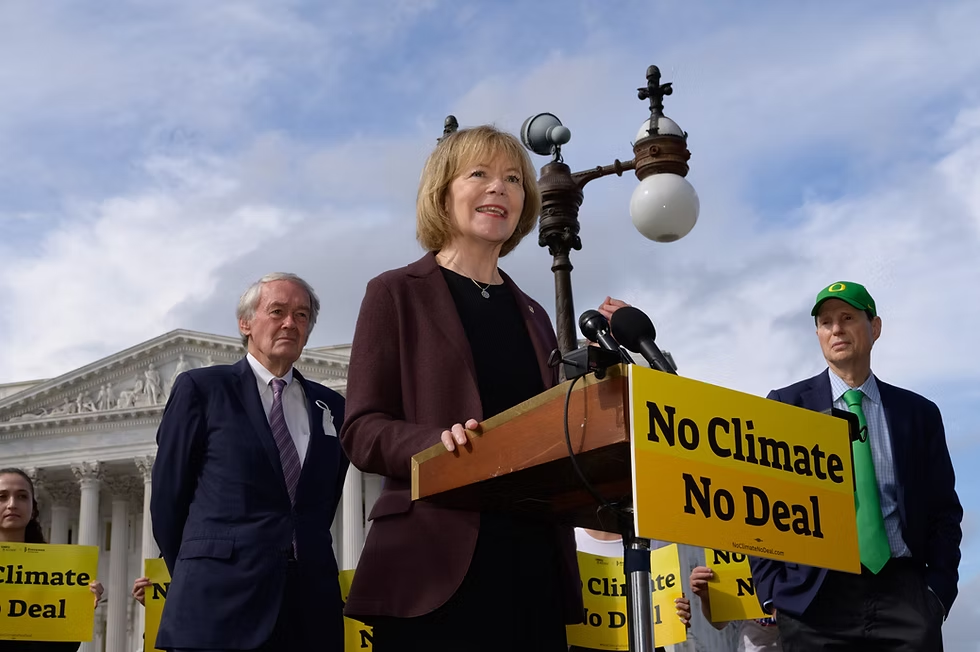
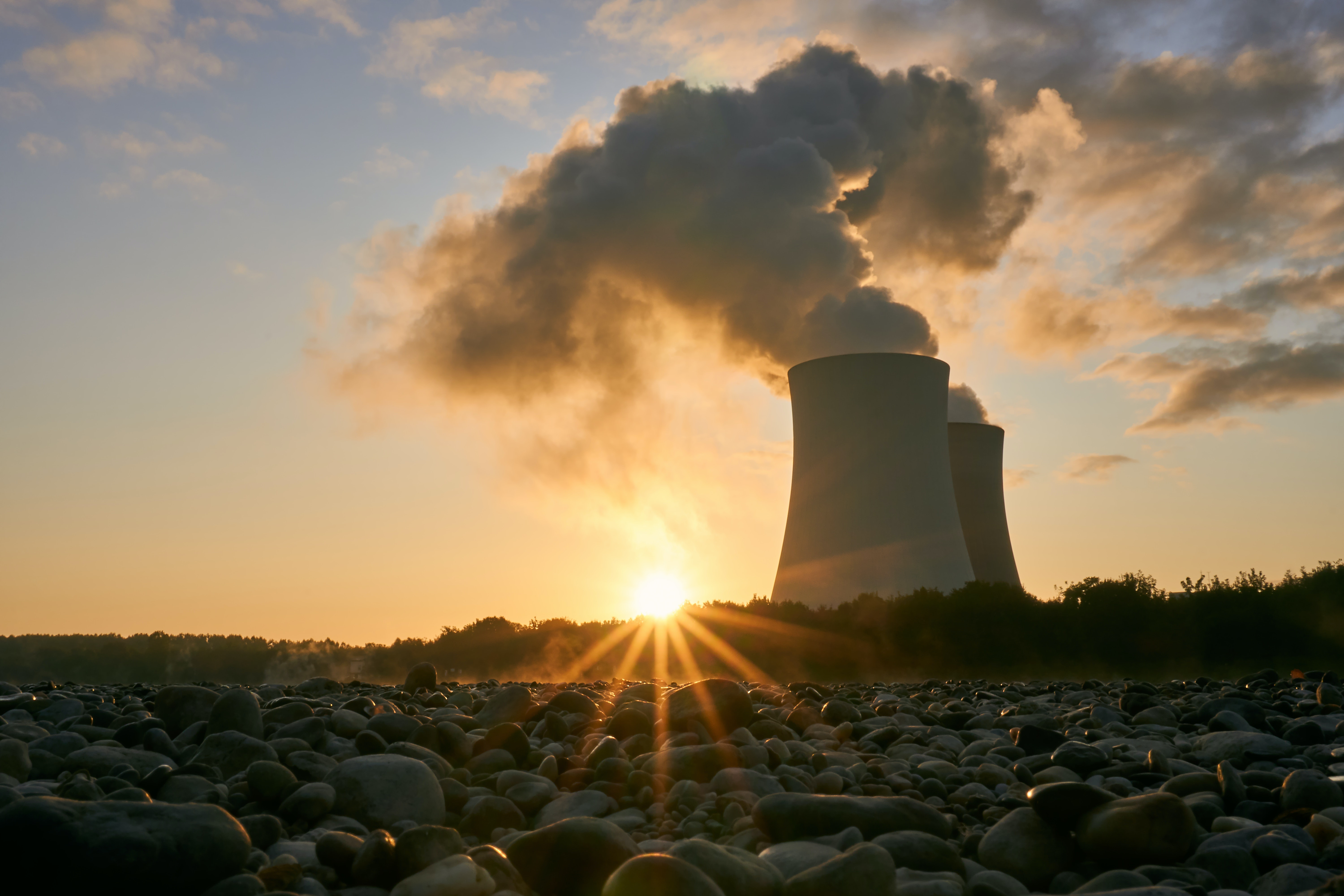
.png)
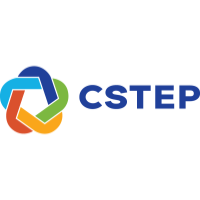


.png)
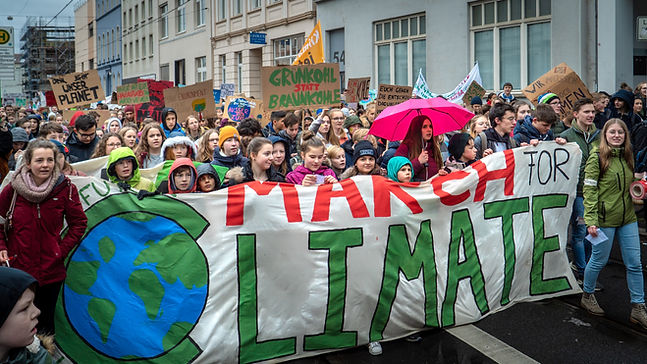

.png)
.png)

.png)

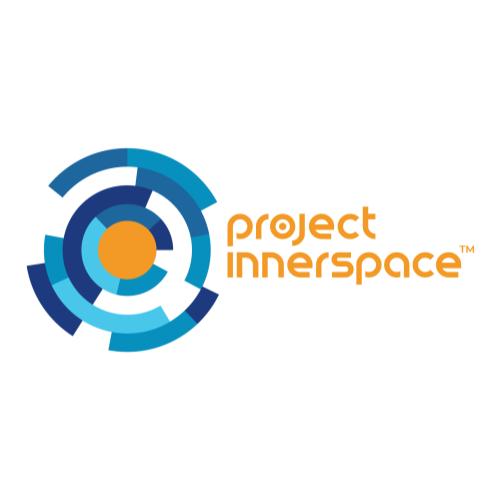
.png)
.png)
.png)
.png)
.png)
.png)
.png)
.png)
.png)
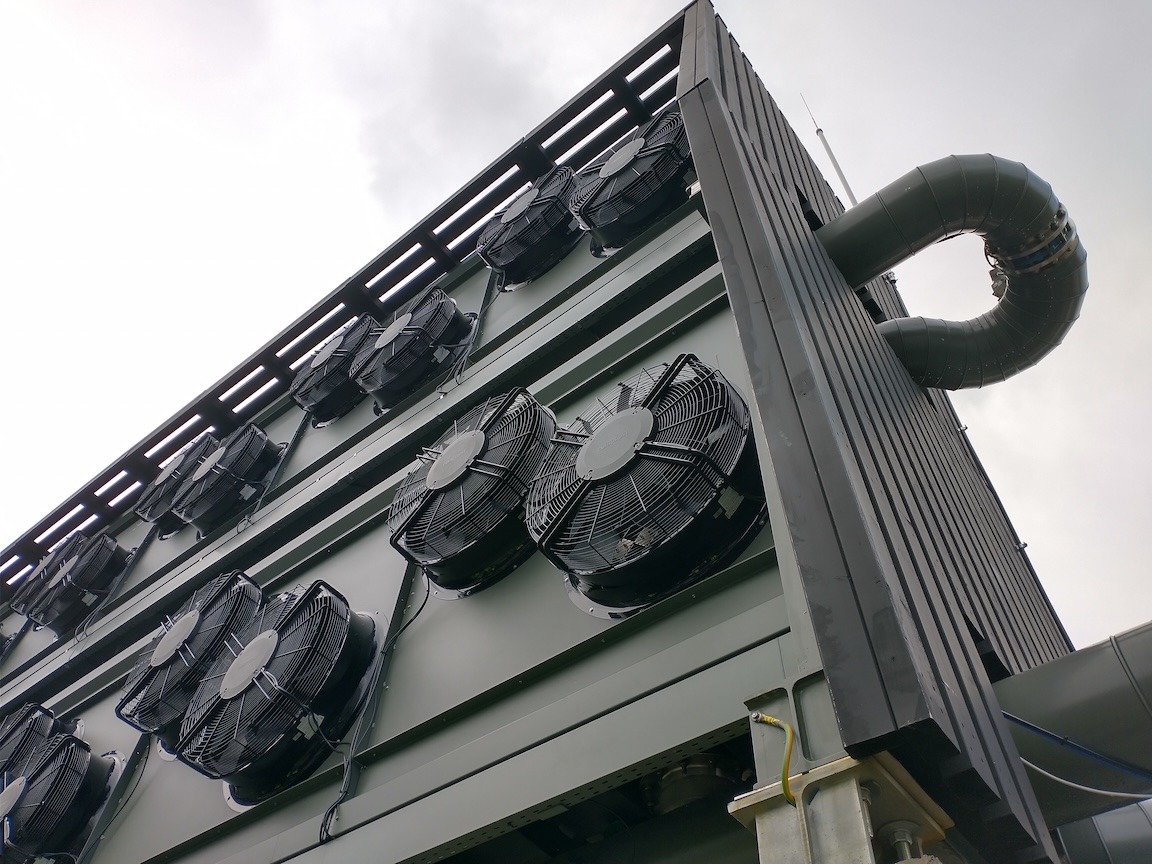

.png)
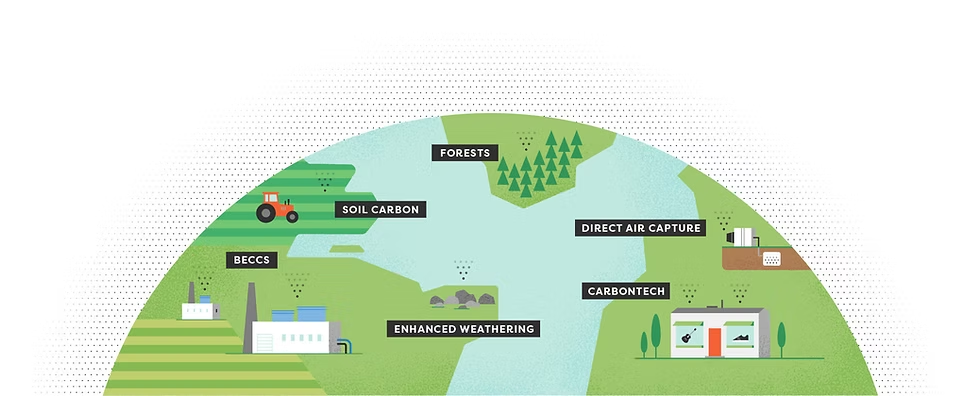
.jpg)
.png)
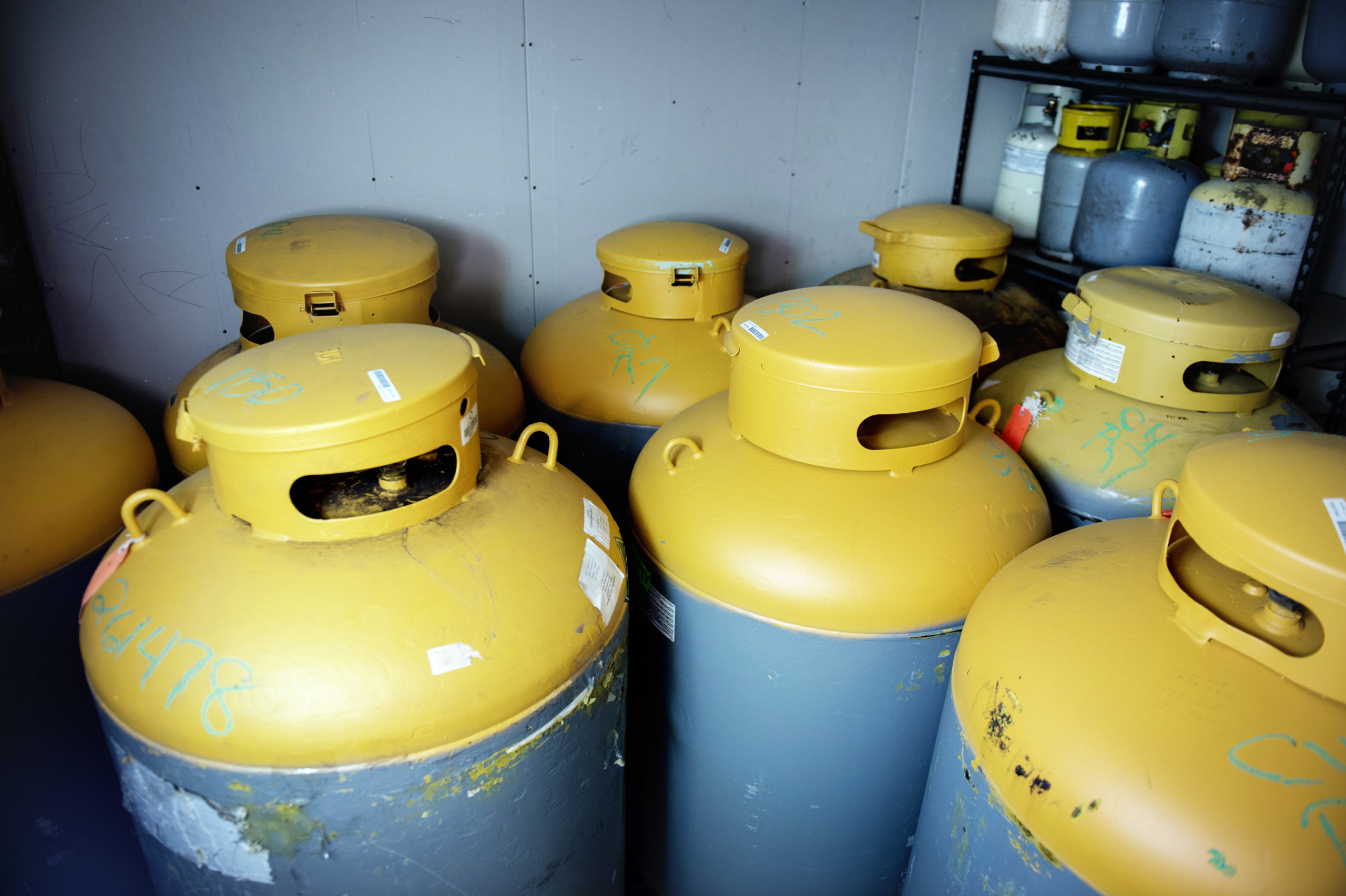
.png)
.png)

.png)



